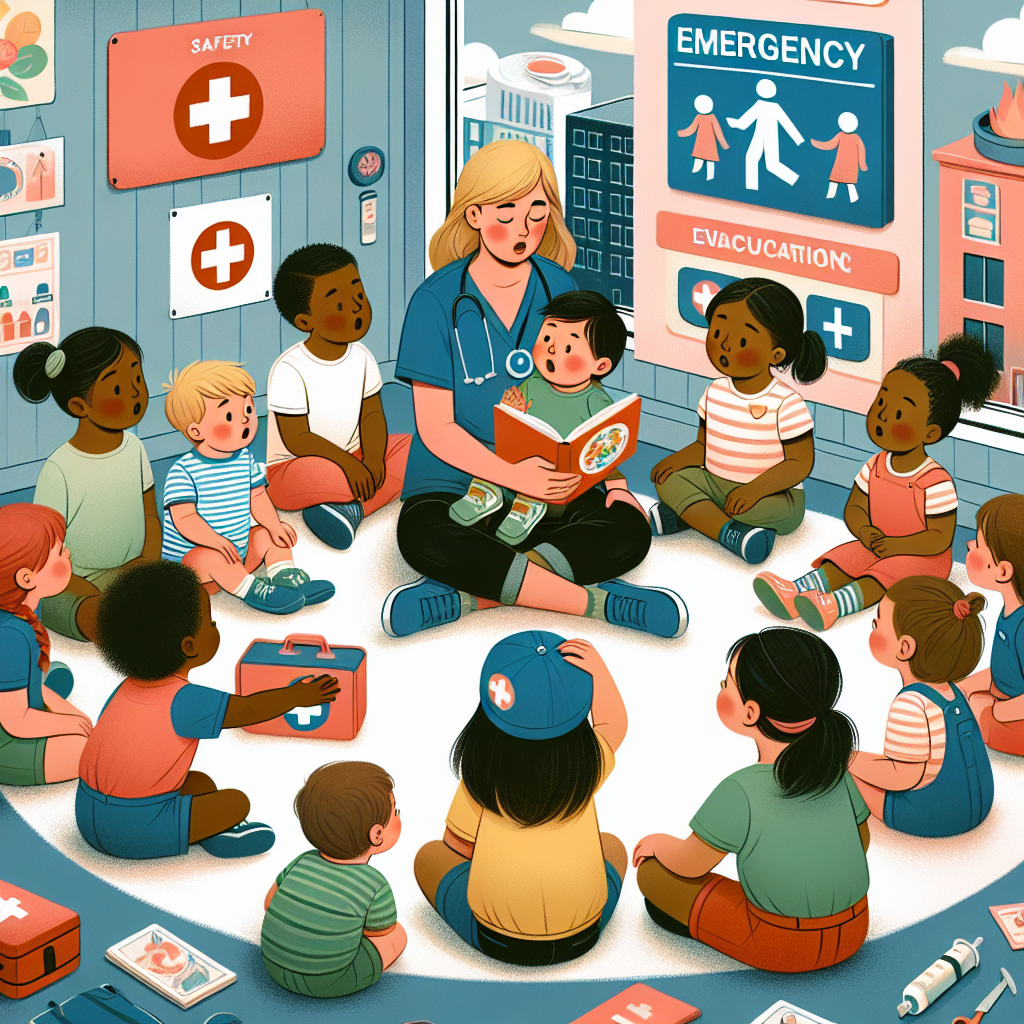Childcare Emergency Preparedness: Keeping Children Safe in Times of Crisis
In the event of an emergency or crisis situation, such as natural disasters, fires, or health emergencies, it is crucial for childcare facilities to have a plan in place to keep children safe. Childcare emergency preparedness is essential for ensuring the well-being of children under their care and providing peace of mind to parents and guardians.
Why is Childcare Emergency Preparedness Important?
Childcare facilities are responsible for the safety and well-being of the children in their care. In times of crisis, having a solid emergency preparedness plan can mean the difference between life and death. By being prepared for emergencies, childcare providers can effectively respond to unforeseen events and protect the children in their care.
The Role of Childcare Emergency Preparedness Plans
Childcare emergency preparedness plans outline the steps that childcare facilities will take to ensure the safety of children in various emergency situations. These plans should include protocols for evacuations, sheltering in place, communication with parents and emergency services, and ensuring access to necessary supplies such as food, water, and medical supplies.
Training and Practice
It is not enough to simply have an emergency preparedness plan in place; childcare providers must also undergo training and practice drills to ensure that they are prepared to respond effectively in an emergency. Regular training sessions and drills help to familiarize staff with emergency procedures and ensure that everyone knows their role in keeping children safe.
Communication with Parents
In times of crisis, parents rely on childcare facilities to keep their children safe and informed. Childcare providers should have a communication plan in place to keep parents updated on the situation and reassure them that their children are being well cared for. This may include using phone calls, text messages, email, or social media to provide updates to parents.
Conclusion
Childcare emergency preparedness is essential for keeping children safe in times of crisis. By having a solid emergency preparedness plan, undergoing training and practice drills, and maintaining open communication with parents, childcare providers can ensure that children are protected and families are reassured during emergencies. Prioritizing childcare emergency preparedness is crucial for the well-being of children and the peace of mind of parents and guardians.



